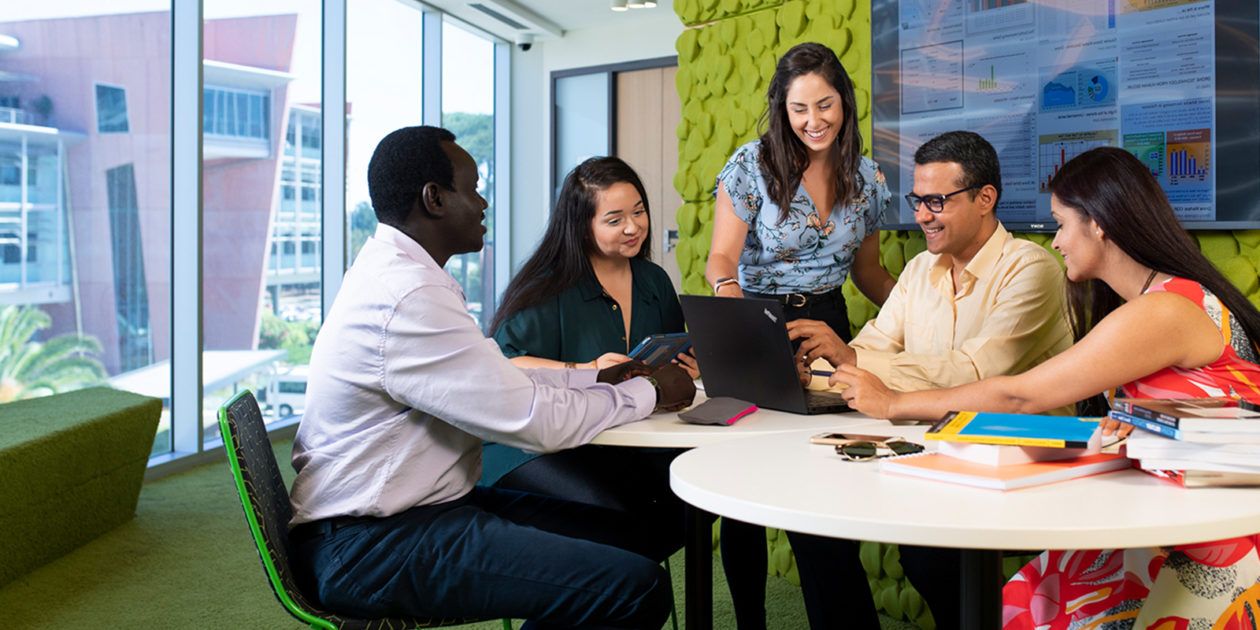Outline
Outline
As a doctoral research degree candidate, you will uncover new knowledge either by the discovery of new facts, the formulation of theories or the innovative reinterpretation of known data and established ideas. Your research will use an in-depth understanding of theories and concepts to develop practical solutions for real-world problems.
A higher degree by research differs from other postgraduate degrees in that at least two-thirds of the study program must involve research. Although some coursework units may be required, the main part of your work will be in the form of a thesis written under the guidance of a supervisor and associate supervisor(s). Your thesis must, in the opinion of the examiners, be a substantial original contribution to the knowledge or understanding of any field through the discovery of new facts, the formulation of theories or the innovative reinterpretation of known data and established ideas. It must also demonstrate your capacity to conceive, design and complete independent research.
Throughout your studies, our faculties will provide you with access to equipment and resources to support your research, and financial assistance to attend appropriate local and international conferences.
Please refer to the handbook for additional course overview information.
Why research at Curtin
Curtin is widely recognised for applied research firmly focused on solving real-world problems. Underpinning our research endeavours are strong partnerships with industry, business and government, which result in outcomes that greatly benefit the broader community locally, nationally and globally. Our international reputation for being a strong partner in industry-driven research ensures our graduates enjoy outstanding opportunities to become innovators in their fields.
What you'll learn
- Demonstrate expert understanding of theoretical knowledge and to reflect critically on that knowledge and their practice
- Think critically, evaluate existing knowledge and ideas, undertake systematic investigation and reflect on theory and practice to generate original knowledge
- Apply expert creative, technical and professional skills to the field of work or learning
- Explain and critique theoretical propositions, methodologies and conclusions
- Present a complex investigation of originality or original research for external examination against international standards
- Communicate complex research concepts, plans and outcomes to the general community, peers and the national and international research community
- Design, implement, analyse, theorise and communicate research that makes a significant and original contribution to knowledge and/or professional practice
